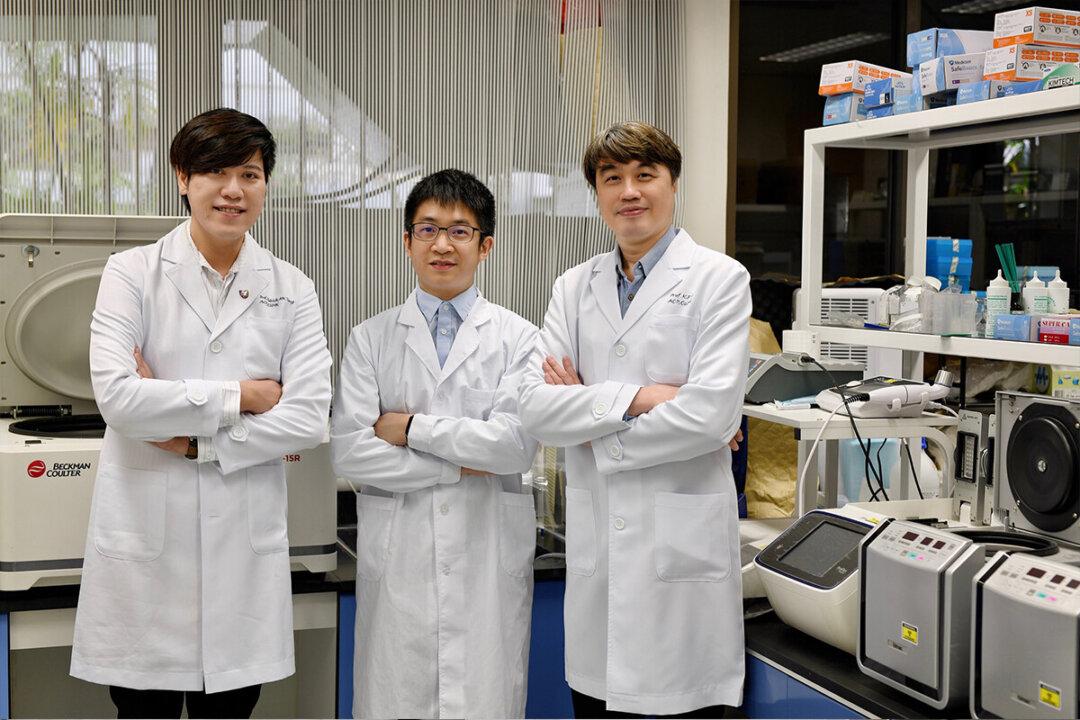Cancer pain is a common symptom of advanced cancer. Cancer pain not only seriously affects the quality of life of patients, but also increases disease progression and mortality. New research from the Faculty of Medicine at The Chinese University of Hong Kong (CUHK) has discovered that a novel phenomenon called “macrophage to neuron-like cell transition (MNT)” generates pain-sensing neurons in the lung cancer microenvironment, leading to cancer pain. In this way, MNT may become a precise therapeutic target for primary cancer pain.
Some cancer pain patients suffer from the phenomenon of being “resistant to all conventional medicines,” and even painkillers cannot help relieve the pain, which may be related to some unknown pathological mechanism. The CUHK team was able to effectively reduce the number of cancer-related neurons and thus reduced pain in experiments on mice by gene deletion or drug inhibition of macrophage Smad3. This result shows that MNT may become a precise therapeutic target for primary cancer pain treatment points. The findings have been published in the international scientific journal “Science Advances.”





